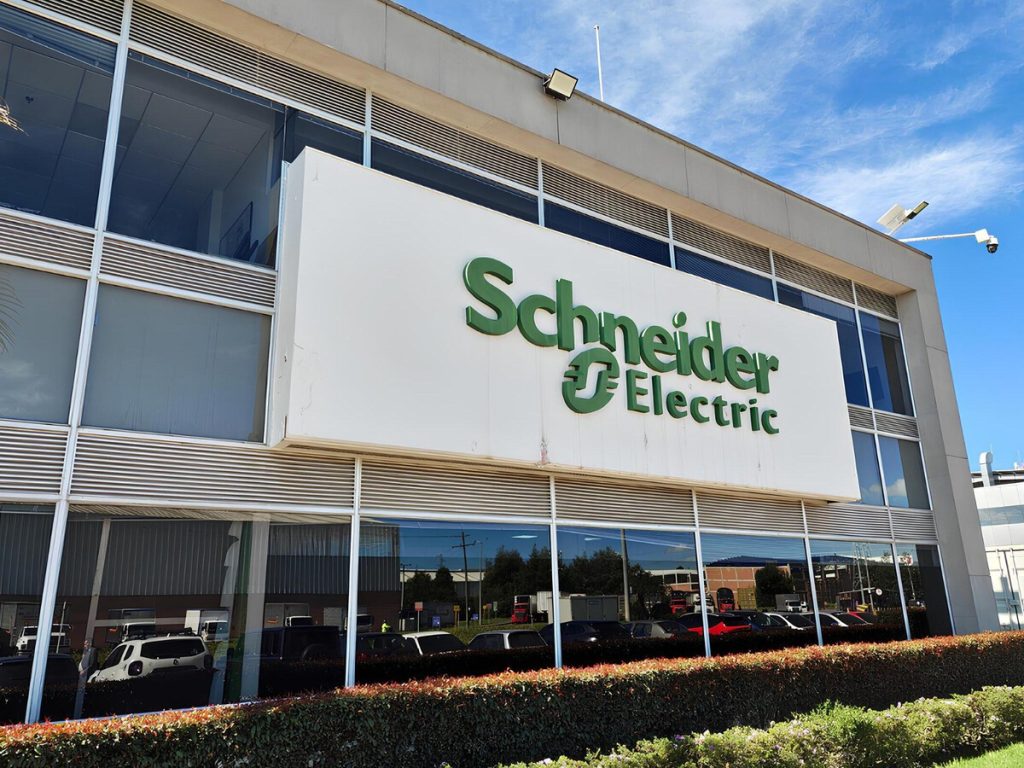Schneider Electric has engaged more than 2,700 suppliers and facilitated procurement of 2 TWh of renewable electricity through multi-buyer agreements and certificates.
Expanded programs now cover pharmaceuticals, healthcare, apparel, and food and beverage sectors, with new initiatives launched in India, Asia-Pacific, and North America.
New training modules and multilingual resources aim to help suppliers reduce Scope 1 and Scope 2 emissions, driving upstream Scope 3 reductions for corporate value chains.
Global Push from Climate Week NYC
Schneider Electric used Climate Week NYC to announce a major expansion of its global supply chain decarbonization programs, doubling down on its strategy to cut upstream emissions across multiple industries. The company, a leader in digital energy management and automation, is widening access to renewable energy procurement, training, and regional market intelligence for suppliers that feed into corporate value chains.
The move reflects a growing recognition that Scope 3 emissions – often more than 70 percent of a company’s footprint – cannot be reduced without equipping suppliers to tackle their own direct and energy-related emissions. Schneider’s expanded model combines educational resources with practical procurement pathways, aimed at reducing emissions at scale across complex global networks.
Scaling Collective Procurement
Schneider Electric’s supply chain programs have already reached more than 50 brands and 2,700 supplier companies. Collectively, suppliers have secured 752,000 MWh of renewable electricity through Energy Attribute Certificates and more than 1.3 TWh via multi-buyer power purchase agreements (PPAs).
Among the flagship initiatives:
Catalyze has grown from seven to nine sponsors this year, adding KLA, and is working to form new buyer cohorts in the U.S., Europe, Singapore, South Korea, and Malaysia.
Energize, launched in the pharmaceutical sector, has broadened into a healthcare-wide program with 25 corporate backers, including UnitedHealth Group. Teva and Sandoz recently signed new PPAs, pointing to rising momentum in healthcare decarbonization.
LEAP, a partnership with Levi Strauss & Co., will pilot in India to expand renewable electricity access for the company’s suppliers. The initiative supports Levi’s 2030 target of reducing supply chain emissions by 42 percent and aligns with its 2050 net-zero goal.
REnew, PepsiCo’s supply chain program, achieved its first U.S. virtual PPA with suppliers and is now developing new cohorts in other regions.
These consortium models are designed to unlock renewable electricity in markets where individual suppliers lack the scale or expertise to contract directly.
Building Capacity on Scope 1 and Scope 2
Beyond procurement, Schneider is investing in education and technical training to help suppliers cut direct operational emissions. New modules available through the Zeigo Hub cover greenhouse gas accounting, science-based targets, energy efficiency, electrification, and circularity.
To address Scope 2 challenges, the company has released new market briefs for 15 geographies, including Brazil, Mexico, Poland, and several Asia-Pacific economies where regulatory complexity often deters renewable procurement. The APAC region, in particular, has emerged as both an opportunity and a hurdle, requiring tailored strategies across diverse policy environments.
Live webinars, now offered with simultaneous translation in more than 60 languages, aim to remove accessibility barriers for suppliers around the world.
RELATED ARTICLE: Schneider Electric Expands Environmental Transparency Across 110,000 Products
What’s at Stake for Corporate Leaders
For corporates, Scope 3 emissions remain the hardest part of climate strategies. Schneider’s program expansion highlights a model that blends governance, finance, and operational execution. By pooling demand across industries and regions, companies can accelerate decarbonization while reducing supplier risk and exposure to volatile energy markets.
John Powers, Vice President of Strategic Renewables at Schneider Electric, said the expansion is designed to bring scale and inclusivity. “To decarbonize global supply chains at scale, we need more than commitments; we need collaboration, innovation, and practical tools tailored to regional realities. Every supplier, in every geography, should have access to the insights and partnerships needed to accelerate their climate journey.”


Global Significance
The developments come as regulators intensify focus on value chain reporting, with the EU’s Corporate Sustainability Reporting Directive and the U.S. Securities and Exchange Commission both examining supplier disclosure obligations. Investors are also increasingly scrutinizing companies’ ability to drive Scope 3 reductions, particularly in sectors with sprawling supply chains.
By expanding cross-industry platforms and technical support, Schneider Electric is positioning itself as a central enabler of corporate decarbonization. For executives navigating climate commitments, the message from New York is clear: tackling Scope 3 emissions will demand unprecedented cooperation between buyers and suppliers, supported by shared tools and scalable financing models.
Follow ESG News on LinkedIn

